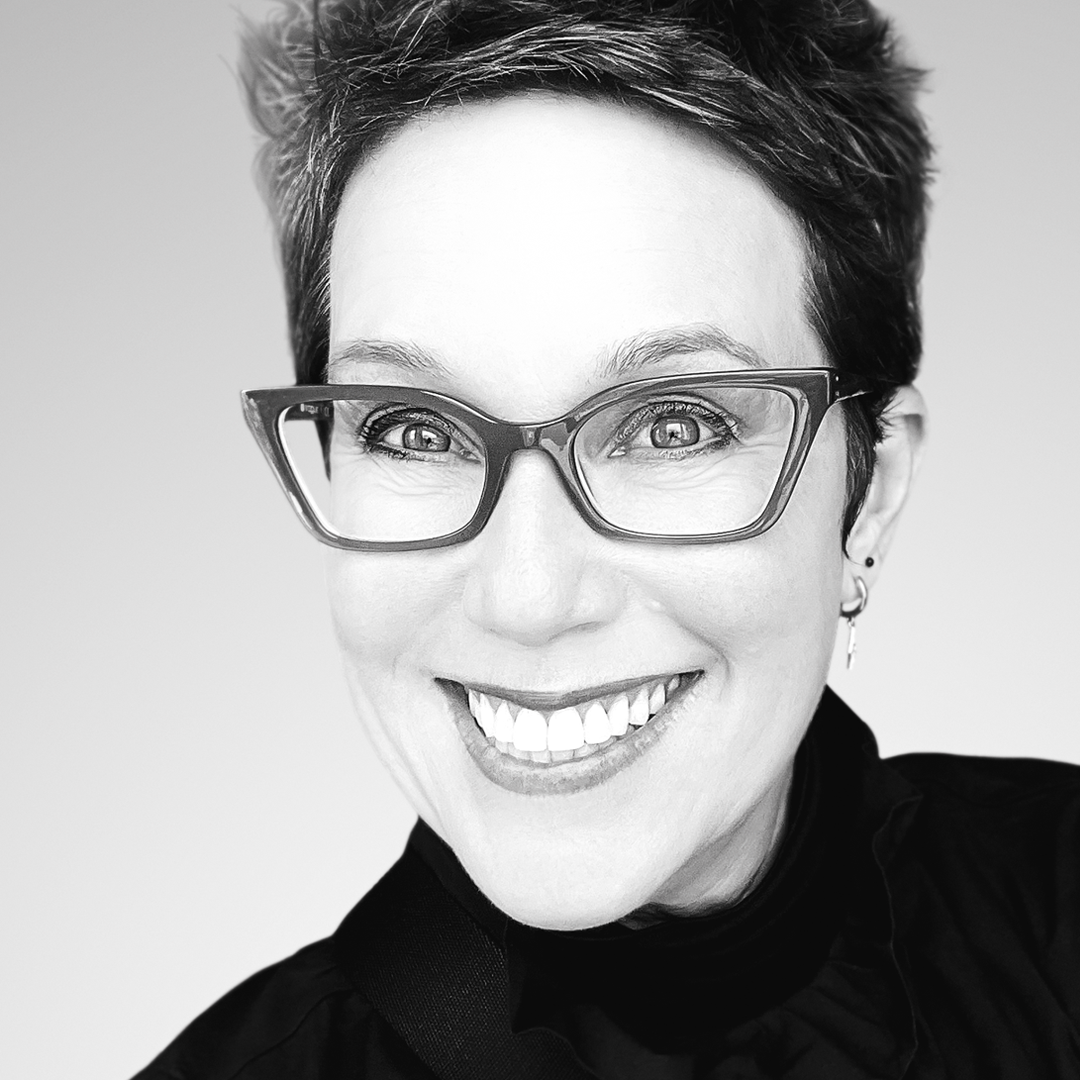As creatives, you know that to get a job, you need a bunch of things. A portfolio that wows. Maybe a degree. Or two. Proficiency in InDesign, Photoshop, Sketch, Word (hey, writers). And those things do matter. Yet you also need the non-technical side, or soft skills, to really be successful. Here's the seven that you'll need most to be successful.
1. Communication
Sure it may be cliché, but knowing how to communicate with and relate to co-workers is key—to being efficient, to being inclusive, to understanding, to having friends in the office. Good communication leads to better work and a more comfortable environment. Forbes thinks it's so critical that they broke down the seven different ways you can communicate better with your colleagues.
Need more evidence? A recent study of 400 companies in the U.S. and UK with 100,000 employees or more found that poor communication is costing them $62.4 million per year in lost productivity. The Economist found that the effects aren't just business related. More than 50% of the 400 managers and employees surveyed said that poor communication can cause stress and 31% felt it was lowering morale.
Bottom line? Take the time to talk. Or type. Or Skype. Or Slack. Or pop into someone's office. Or have coffee together. Or a chat on the way to the train. If you're not exactly outgoing and don't know where to start, especially if someone works in a different department, try some of these networking techniques we've outlined to help break the ice and open communication channels.
However you do it, do it. Conversation and open dialogue are critical.
2. Time Management
Deadlines? More like dreadlines. We all complain about them but they are necessary to keep projects from dragging into eternity and provide pressure that often spawns some of the best work. Consistently getting work done on time shows your clients, your managers, and your colleagues that you also value their time.
Yet there's another important piece to the time puzzle here: it's good for your own wellbeing. Time management expert and author of several books on work-life balance Laura Vanderkam says, “Having control over your time is huge. It gives you a sense of agency in your life that's massively correlated with self-satisfaction.”

The founder of Digital PM Summit, Brett Harned, created a one-hour Aquent Gym Short that will help you track your time and prioritize tasks (to-do lists).
Employers take note: making the most of employee's time is key to keeping them happy. (Be sure to check out our post about flexibility in the workplace.)
3. Cooperation
Whether you're in the office or remote, you're part of a team. Nobody truly works in a silo. We need to be able to collaborate and compromise to move forward together. Yet a recent Gallup poll shows that just 19% of U.S. employees are “satisfied with the cooperation between their department and other departments.” So, what can we do?
Ask your manager and co-workers about the most difficult person they've ever worked with (don't name names!) and what they learned from the experience. Don't send an email right away if you're angry about something. Try to foster a culture of teamwork by organizing something social—drinks out, trivia, an Escape Room, etc. The more everyone sees each other as people (and not just co-workers), the better they get along.
4. Adaptability
Of course you're familiar with Greek philosopher's Heraclitus adage, the only constant is change. But how do you react to it?
Part of what makes creatives good at what you do is the confidence in bringing to life the amazing ideas that come out of your brains. However, there will be times when your idea isn't chosen, when you have to follow your boss's vision or, gasp, or go with what the client wants.
Channel your inner chameleon because there are lots of chances to adapt at work. Like when a project changes mid-stream. When a deadline gets moved. The office goes from cubes to an open space. Your partner quits. You need to learn new software. And on and on (and on…).
Harvard Business Review once called adaptability the new competitive advantage for companies. It's necessary for the people working at companies, too. Check out this post by our Aquent Gymnasium team, Adaptability As the Key to Success in Design to see how embracing change can strengthen your creative abilities.
5. Problem Solving
Every job has problems. They're inevitable, and you need to know how to handle them. According to Indeed, there are a number of things that go into problem solving: analysis, research, decision making, dependability, and communication (told ya). How do you think you're doing in those four key areas on the problem solving front? Inc.com put together a thoughtful list of things that really great problem solvers do so you can check yourself (before you wreck yourself).
People once advocated for not talking about problems and only focusing on finding solutions. But fresher perspectives take a different tact. Wharton business professor Adam Grant calls the solutions-only mentality a “culture of advocacy, instead of one of inquiry,” and the Harvard Business Review warns this could create a culture of fear and actually prevent problems from surfacing until they are full-blown crises. Instead, HBR suggests requiring problem statements instead of complaints, making people feel safe, and adding teammates to help solve it.
Bill Gates once said, “Sometimes I think one of my most important jobs as a CEO is to listen for bad news.”

6. Organization
In this Marie Kondo era, it's clear that society as a whole sees the value of organization. Scientists at Princeton University Neuroscience Institute found just this year that our brains like order and that clutter is literally a creative brain drain. While creatives are stereotypically known for being messy, chaotic, or marching to the beat of their own drums, there's value to finding your inner-joy sparkers at work. According to Monster, being organized helps you increase your productivity, meet deadlines, reduce stress, and be on time.
Where should you start? The founder of the Calendar tool, John Rampton, suggests things like having morning and evening rituals, downsizing your stuff, and then maintaining your organization just like you maintain your weight by going to the gym. Try the 5S methodology. Derived from the Japanese words that have been loosely translated to Sort, Set, Shine, Standardize, and Sustain. And don't miss some of these self-proclaimed kickass office organizers.
7. Storytelling
We know it's been kind of a buzzword for awhile. But it's been a buzzword for a reason. As Melissa Kirk put it in her Psychology Today article, “From the beginnings of language (in whatever form), humans have used stories to educate and entertain: myth, poetry, song, art, gossip, even politics.”
Whether getting buy-in from your manager, pitching a client, or creating an internal presentation, the best creatives know how to tell a good story. According to Forbes contributor Celinne DeCosta, “In today's fast-paced, overly-automated, and digitally-driven society, humanity is becoming the new premium.” Brands can no longer rely on a one-way monologue to consumers. Social media has opened up the conversation and you better have something to say.
Brand and marketing industry darling Simon Sinek refers to it as “starting with the why”. He has one of the most popular Ted Talks of all time. It dares people and organizations to define why they do what they do. He was talking storytelling before storytelling was a thing.
Storytelling can also be about your own personal brand. It's helpful for landing a job, switching careers, or just being fun to be around! (We've already broken down the 5 rules of personal branding if you need a head start.)
Want more? Check out our Gymnasium Take 5 microlearning courses like Storytelling for Designers or Crafting Your Story for some extra help.
There you have it, creatives. Now get out there and make yourselves even more irresistible to your boss or client (and future bosses and clients). We'll be waiting for you when you're ready to start your next adventure.
Latest.

10 proven strategies to streamline marketing operations in 2026.
Leadership & Management, Consulting & Operations, Marketing & Analytics

How to make a risk-tolerant and innovative creative team.
Insights from InsideOut, Leadership & Management

Is your new AI infrastructure an expensive mistake?
Leadership & Management, Consulting & Operations, Engineering & Technology, Innovation & Emerging Tech

